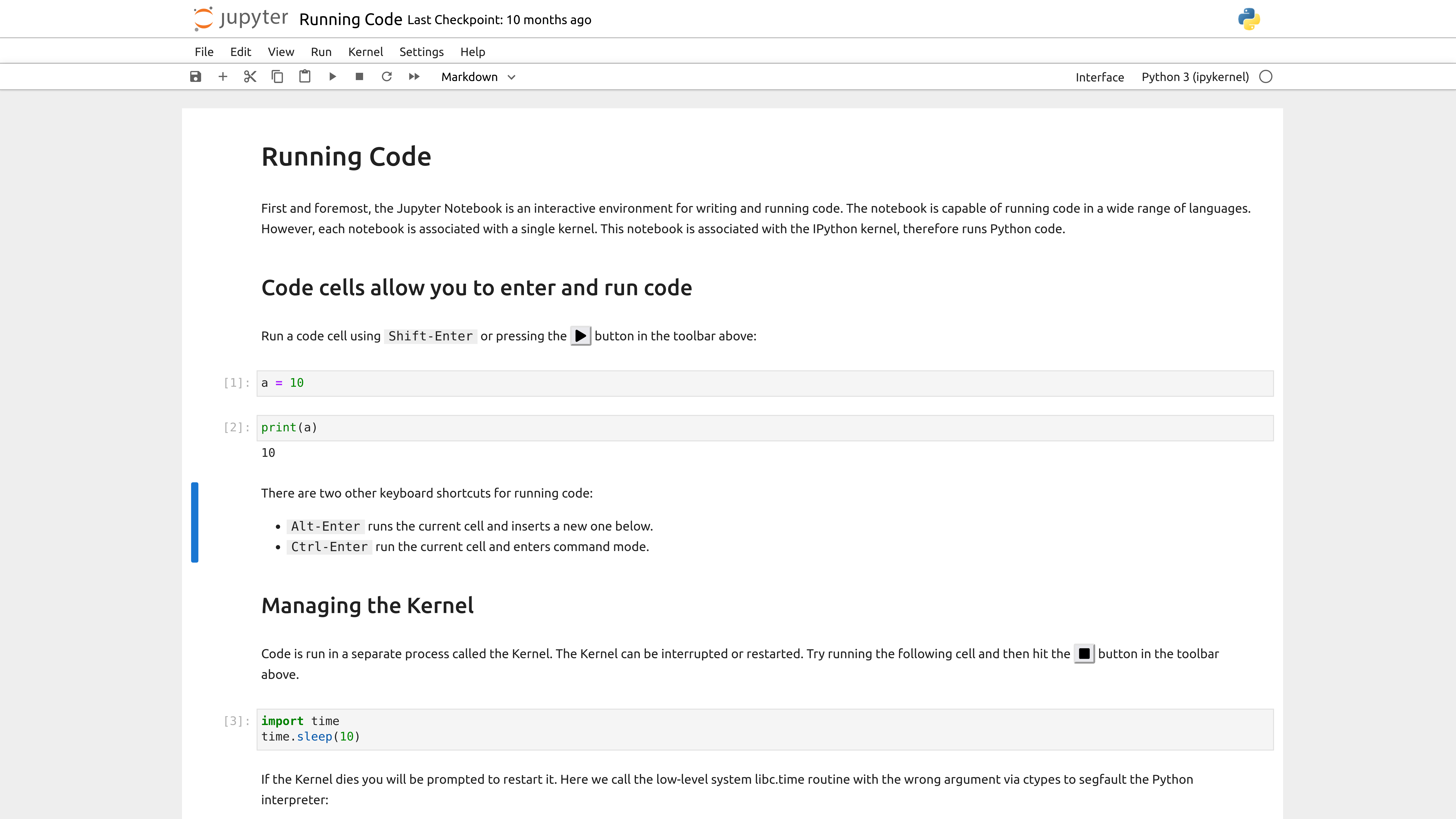SHA256 hashes: jupyter-notebook-application-7.0.0-beta.1.tgz: dbe81c4da5278dd29f64bb06d4c99f48503e29c9c03a3e49137e8ca2479a5f89 jupyter-notebook-application-extension-7.0.0-beta.1.tgz: 4ed04fd1c7c72bbff3fe877efd17bd3c608f722c9cca830a030f99c4a534415c jupyter-notebook-console-extension-7.0.0-beta.1.tgz: 03688c5a96517a3af84140c22c7f4a6af30b7df883d11315bf18c4c9ccab4148 jupyter-notebook-docmanager-extension-7.0.0-beta.1.tgz: 5a5824d1d9b3338cb04babcfbe2f41269bc73d0d988dcdb5196aa68972f3d990 jupyter-notebook-documentsearch-extension-7.0.0-beta.1.tgz: a88ef1c3a8dc306d1837f81bcf59f08ec82fe833f1702aaac12cb0dc58371b12 jupyter-notebook-help-extension-7.0.0-beta.1.tgz: 976b337c74afcf2aa2b86fcd5fe7a8088d06e9fb7789e51a2b9f6f2adec6bf42 jupyter-notebook-lab-extension-7.0.0-beta.1.tgz: d91242236e80749507c909636d11e12f180b78cd6c4a769a69e318c35e46a70c jupyter-notebook-notebook-extension-7.0.0-beta.1.tgz: 64273f1970f0e47bda50e7fda6306e619aac01d9d17750171abc6157b20b4b46 jupyter-notebook-terminal-extension-7.0.0-beta.1.tgz: 0e29dc7a34de00878338be07f383b4bb3f6e4d6b24cc9489dd09b09cb4188e22 jupyter-notebook-tree-7.0.0-beta.1.tgz: d9e8c9376ac44c8a401b3fb388b1f5755bc637332c9fe7cb9b16b17500f7712d jupyter-notebook-tree-extension-7.0.0-beta.1.tgz: 4390a10d9a2a81be93785fba63a0e2f1312d9538d8ecc1effbeee9d84e7bcaf5 jupyter-notebook-ui-components-7.0.0-beta.1.tgz: 1ed1ea4708d6019c67bc222d399bd27cfc79fcee580c1eb5518a1446acbe8dd4 notebook-7.0.0b1-py3-none-any.whl: 55e7000d061208b97754405ab9388fc60bf888599dd2cf8d271d35bde14133dc notebook-7.0.0b1.tar.gz: f028132457076756baf6eca9bc655680dc68ac2cfd0f4265db3e4cb5d98292ff |
||
|---|---|---|
| .github | ||
| app | ||
| binder | ||
| buildutils | ||
| docs | ||
| jupyter-config/jupyter_server_config.d | ||
| notebook | ||
| packages | ||
| tests | ||
| ui-tests | ||
| .eslintignore | ||
| .eslintrc.js | ||
| .eslintrc.json | ||
| .git-blame-ignore-revs | ||
| .gitignore | ||
| .gitpod.yml | ||
| .pre-commit-config.yaml | ||
| .prettierignore | ||
| .prettierrc | ||
| .readthedocs.yaml | ||
| .yarnrc.yml | ||
| CHANGELOG.md | ||
| CONTRIBUTING.md | ||
| jupyter_config.json | ||
| jupyter-notebook.desktop | ||
| jupyter.svg | ||
| lerna.json | ||
| LICENSE | ||
| notebook.svg | ||
| package.json | ||
| pyproject.toml | ||
| README.md | ||
| RELEASE.md | ||
| setup.py | ||
| tsconfig.eslint.json | ||
| tsconfigbase.json | ||
| tsconfigbase.test.json | ||
| yarn.lock | ||
Jupyter Notebook
The Jupyter notebook is a web-based notebook environment for interactive computing.
Maintained versions
We maintain the two most recently released major versions of Jupyter Notebook, Notebook v5 and Classic Notebook v6. After Notebook v7.0 is released, we will no longer maintain Notebook v5. All Notebook v5 users are strongly advised to upgrade to Classic Notebook v6 as soon as possible.
The Jupyter Notebook project is currently undertaking a transition to a more modern code base built from the ground-up using JupyterLab components and extensions.
There is new stream of work which was submitted and then accepted as a Jupyter Enhancement Proposal (JEP) as part of the next version (v7): https://jupyter.org/enhancement-proposals/79-notebook-v7/notebook-v7.html
There is also a plan to continue maintaining Notebook v6 with bug and security fixes only, to ease the transition to Notebook v7: https://github.com/jupyter/notebook-team-compass/issues/5#issuecomment-1085254000
Notebook v7
The next major version of Notebook will be based on:
- JupyterLab components for the frontend
- Jupyter Server for the Python server
This represents a significant change to the jupyter/notebook code base.
To learn more about Notebook v7: https://jupyter.org/enhancement-proposals/79-notebook-v7/notebook-v7.html
Classic Notebook v6
Maintainance and security-related issues are now being addressed in the 6.4.x branch.
A 6.5.x branch will be soon created and will depend on nbclassic for the HTML/JavaScript/CSS assets.
New features and continuous improvement is now focused on Notebook v7 (see section above).
If you have an open pull request with a new feature or if you were planning to open one, we encourage switching over to the Jupyter Server and JupyterLab architecture, and distribute it as a server extension and / or JupyterLab prebuilt extension. That way your new feature will also be compatible with the new Notebook v7.
Jupyter notebook, the language-agnostic evolution of IPython notebook
Jupyter notebook is a language-agnostic HTML notebook application for Project Jupyter. In 2015, Jupyter notebook was released as a part of The Big Split™ of the IPython codebase. IPython 3 was the last major monolithic release containing both language-agnostic code, such as the IPython notebook, and language specific code, such as the IPython kernel for Python. As computing spans across many languages, Project Jupyter will continue to develop the language-agnostic Jupyter notebook in this repo and with the help of the community develop language specific kernels which are found in their own discrete repos.
Installation
You can find the installation documentation for the Jupyter platform, on ReadTheDocs. The documentation for advanced usage of Jupyter notebook can be found here.
For a local installation, make sure you have pip installed and run:
pip install notebook
Usage - Running Jupyter notebook
Running in a local installation
Launch with:
jupyter notebook
Running in a remote installation
You need some configuration before starting Jupyter notebook remotely. See Running a notebook server.
Development Installation
See CONTRIBUTING.md for how to set up a local development installation.
Contributing
If you are interested in contributing to the project, see CONTRIBUTING.md.
Community Guidelines and Code of Conduct
This repository is a Jupyter project and follows the Jupyter Community Guides and Code of Conduct.
Resources
- Project Jupyter website
- Online Demo at jupyter.org/try
- Documentation for Jupyter notebook
- Korean Version of Installation
- Documentation for Project Jupyter [PDF]
- Issues
- Technical support - Jupyter Google Group
About the Jupyter Development Team
The Jupyter Development Team is the set of all contributors to the Jupyter project. This includes all of the Jupyter subprojects.
The core team that coordinates development on GitHub can be found here: https://github.com/jupyter/.
Our Copyright Policy
Jupyter uses a shared copyright model. Each contributor maintains copyright over their contributions to Jupyter. But, it is important to note that these contributions are typically only changes to the repositories. Thus, the Jupyter source code, in its entirety is not the copyright of any single person or institution. Instead, it is the collective copyright of the entire Jupyter Development Team. If individual contributors want to maintain a record of what changes/contributions they have specific copyright on, they should indicate their copyright in the commit message of the change, when they commit the change to one of the Jupyter repositories.
With this in mind, the following banner should be used in any source code file to indicate the copyright and license terms:
# Copyright (c) Jupyter Development Team.
# Distributed under the terms of the Modified BSD License.

